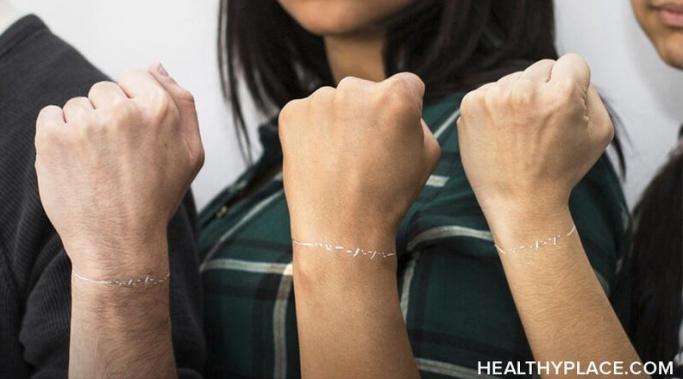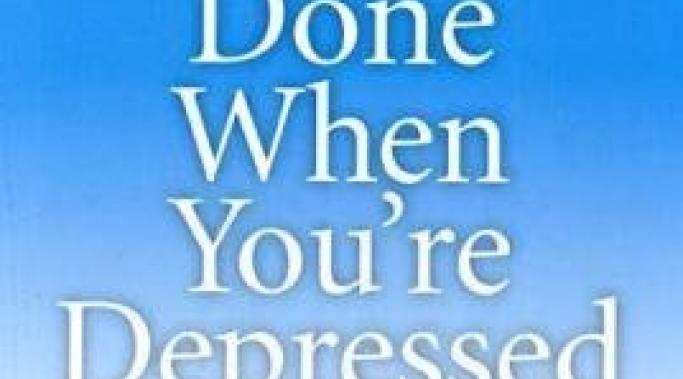ADHD is a genetic, neurobiological disorder characterized by disregulation of attention, not an inability to pay attention as is commonly thought. In other words, adults and children living with ADHD are able to focus, but they cannot control when they focus.
TV Show Blog
If you're a child abuse survivor you've no doubt heard "get over it" on more than one occasion. But I hope no one ever gets over child abuse. The fact that child abuse hurts kids really ought to be enough to garner everyone's attention. Beyond that nasty reality, there's the fact that the effects of child abuse are often lasting, continuing to impact survivors and by extension their friends, families, and co-workers throughout their adult lives. Like it or not, child abuse impacts everyone in one way or another.
Like millions of other Americans, I don't get enough exercise. I’m more keenly aware of that fact in the month of January, when every gym and athletic goods store ramps up their advertising efforts to take advantage of the New Year fitness fever. But that doesn’t mean I’ll do anything about it. Ultimately, it’s just not that important to me. For some people, the opposite is true – exercise is one of the most important things to them. Does that mean they have an exercise addiction? How do you know if you're over-exercising?
As someone with Dissociative Identity Disorder, I'm well aware of the toll living with a mental illness takes on relationships, jobs, and self-esteem. I struggle with things that come easily to many, and seemingly benign things can have a profound impact on my ability to manage the very basics of daily living. Even so, I'm incredibly fortunate.
A mental illness that saps sufferers of motivation and energy, depression notoriously impedes productivity. For many people living with depression, even basic day-to-day chores seem to take herculean effort. The inability to get things done is frustrating on its own, but even more maddening is the vicious cycle it perpetuates.
When I think of eating disorders I think of anorexia and bulimia. I think of starvation and compulsive exercising.
When my son was born in 1998, I was warned at the hospital that my hormones were fluctuating, and I might therefore experience some sadness over the following several days. But I fought for over a year to regain some sense of emotional stability. Already a hyper-vigilant person, my anxiety and panic became intolerable. Depression drained me completely.
Katie Rios developed acne at 11-years-old and started picking at her skin. Ten years later, Katie still struggles with what she now knows is dermatillomania (also known as excoriation disorder). An impulse control disorder marked by secrecy, compulsive skin picking holds sufferers hostage in a painful cycle of compulsion and shame. Many people with dermatillomania go to great lengths to hide their skin picking and the resulting scars, limiting their ability to get treatment and support. Severe cases can interfere with an individual's ability to work, have relationships, or even spend much time out in public for fear of having the embarrassing secret discovered.
According to the Workplace Bullying Institute, 35% of the U.S. workforce - an estimated 53.5 million Americans - report being bullied at work. If you're one of them, you're already well acquainted with the dread and anxiety that goes along with being a victim of chronic psychological violence. But how well do you know your tormentor? Is she a narcissist, driven by a grandiose sense of her own importance? Is he a psychopath, devoid of compassion and empathy? Arming yourself with information about workplace bullies and their methods may help you find ways of coping with them.
I went on my first diet in 2000. I lost a lot of weight but grew disturbingly obsessed with food and dropping even more weight. I stopped going out, I lost friends, I refused to eat out at restaurants and my weight plummeted to a new low where I lost my period and had to be hospitalized.





